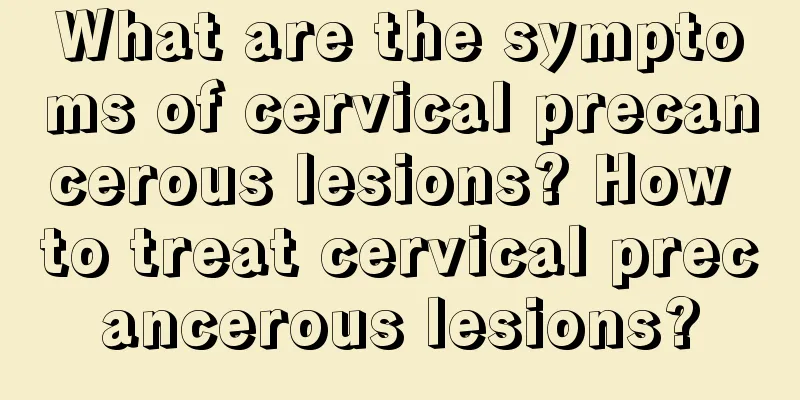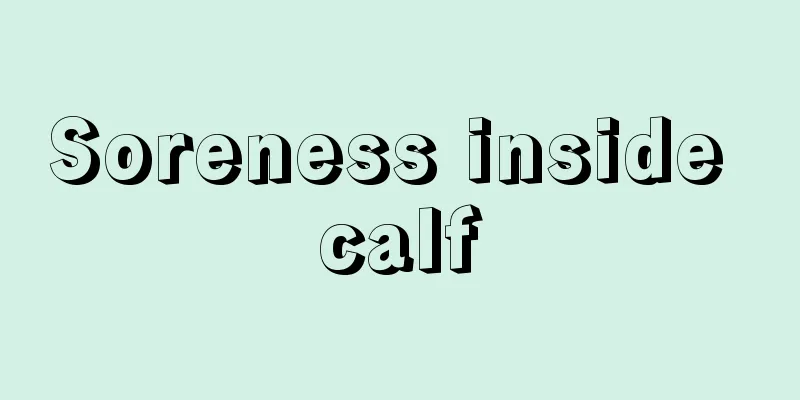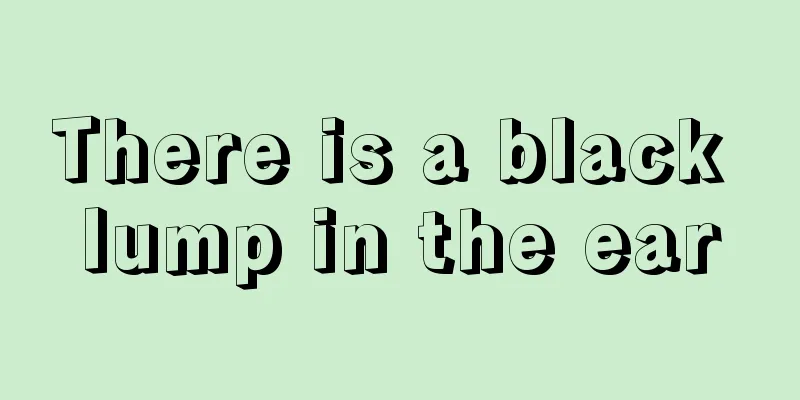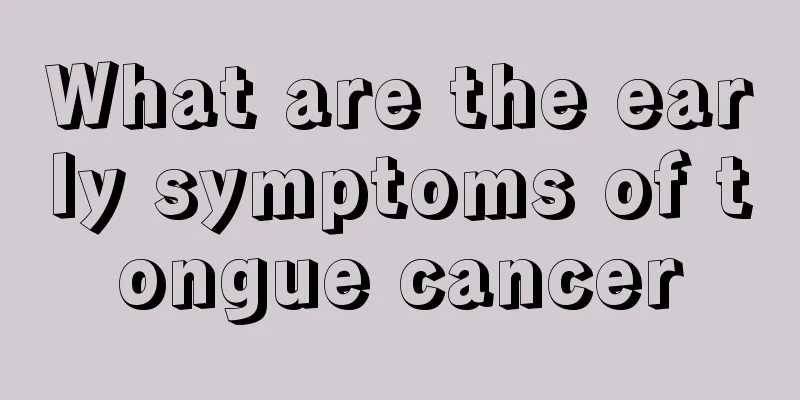How is oral lichen planus treated?
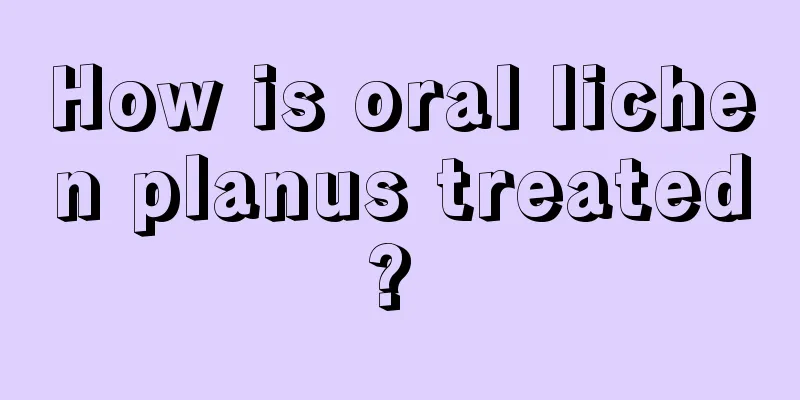
|
Oral lichen planus is a relatively common oral disease that is multiple and common, and its causes are relatively complex and diverse. Anyone who has had oral lichen planus knows that the burning and stinging sensations during an attack are very painful, not only affecting normal eating and speaking, but the repeated attacks are also a mental challenge. So how do you treat oral lichen planus? 1. Causes The pathogenesis of this disease has not yet been fully clarified. Current studies have shown that its onset is related to mental factors (such as fatigue, anxiety, tension), immune factors, endocrine factors, infection factors, microcirculation disorders, trace element deficiency and certain systemic diseases (diabetes, infection, hypertension, gastrointestinal dysfunction). 2. Disease symptoms Most patients have no symptoms and the disease is often discovered accidentally. Some patients experience local sensitivity and burning pain when exposed to spicy, hot, sour, or salty stimuli. Some patients experience roughness, numbness, burning sensations in the mucosa, dry mouth, and occasional crawling and itching sensations. 3. Disease Treatment Topical treatments 1. Pay attention to eliminating local irritants, such as tobacco, alcohol, tartar, residual roots and crowns, sharp tooth tips, caries or tooth defects, poor repair factors and dental filling materials. 2. Adrenal cortical hormone: available in the form of ointment, film, spray, etc. 3. Local blockade: For erosive ulcer type, hormone injection at the base of the lesion area can be used. Systemic treatment For acute, extensive or multifocal erosive lichen planus, systemic medications may be used: 1. Glucocorticoids and other immunosuppressants: They can be used in combination for patients with severe or frequently recurrent oral ulcers, and the use depends on the condition. 2. Immunoenhancer: for those with impaired immune function (combined with the patient's general condition and laboratory immune test results). 3. Traditional Chinese Medicine: Treatment based on syndrome differentiation. 4. Other auxiliary treatment drugs: vitamin supplements, etc. 5. Tripterygium wilfordii, Malus kunmingensis, Chloroquine Chinese Medicine Treatment Traditional Chinese medicine treatment can be divided into local treatment and systemic treatment: 1. For local treatment of erosive ulcer type, you can use Yangyin Shengji Powder, Xigua Shuang, Bingpeng Powder, etc. 2. Systemic treatment is based on the principle of syndrome differentiation and treatment. Liuwei Dihuang Pills, Xiangsha Yangwei Pills, Sanjieling Pills, etc. can be used according to different syndromes. |
<<: What effect does Platycladus orientalis leaves have on hair
>>: What are the causes of oral blood blisters?
Recommend
How long can a person with renal hamartoma live
Renal hamartoma is a benign tumor that is general...
What causes white spots on lips?
There are many diseases in life that most people ...
Can a beautician touch essential oils during menstruation?
Beauticians do not recommend using essential oils...
My waist hurts and my legs hurt too. What's going on?
In fact, low back pain is a syndrome. The reason ...
What to do if you catch a cold after getting a vaccination_What to do if you catch a cold after getting a vaccination
If a baby catches a cold after receiving the vacc...
TCM's understanding of the etiology and pathogenesis of brain cancer
Traditional Chinese medicine has a long history o...
Advantages and disadvantages of local ablation for liver cancer
In recent years, local ablation therapy for liver...
How to treat lymphoma
Since lymphoma is a type of malignant tumor, it i...
What are the benefits of copper bracelets to people
Wearing accessories has become a must-have item f...
What are the causes of prostate cancer
At present, there is no clear answer to the cause...
What to do if a boil forms after being bitten by an ant
Ants are relatively small insects. Under normal c...
Detailed instructions for preserving winter dates
Winter dates are a very familiar fruit to everyon...
How much do you know about the causes of prostate cancer
Prostate disease is the most serious disease amon...
How long can one live with prolonged edema due to pancreatic cancer
The occurrence of edema in pancreatic cancer pati...
What are the dietary precautions for lung cancer
A scientific and reasonable diet is indispensable...
